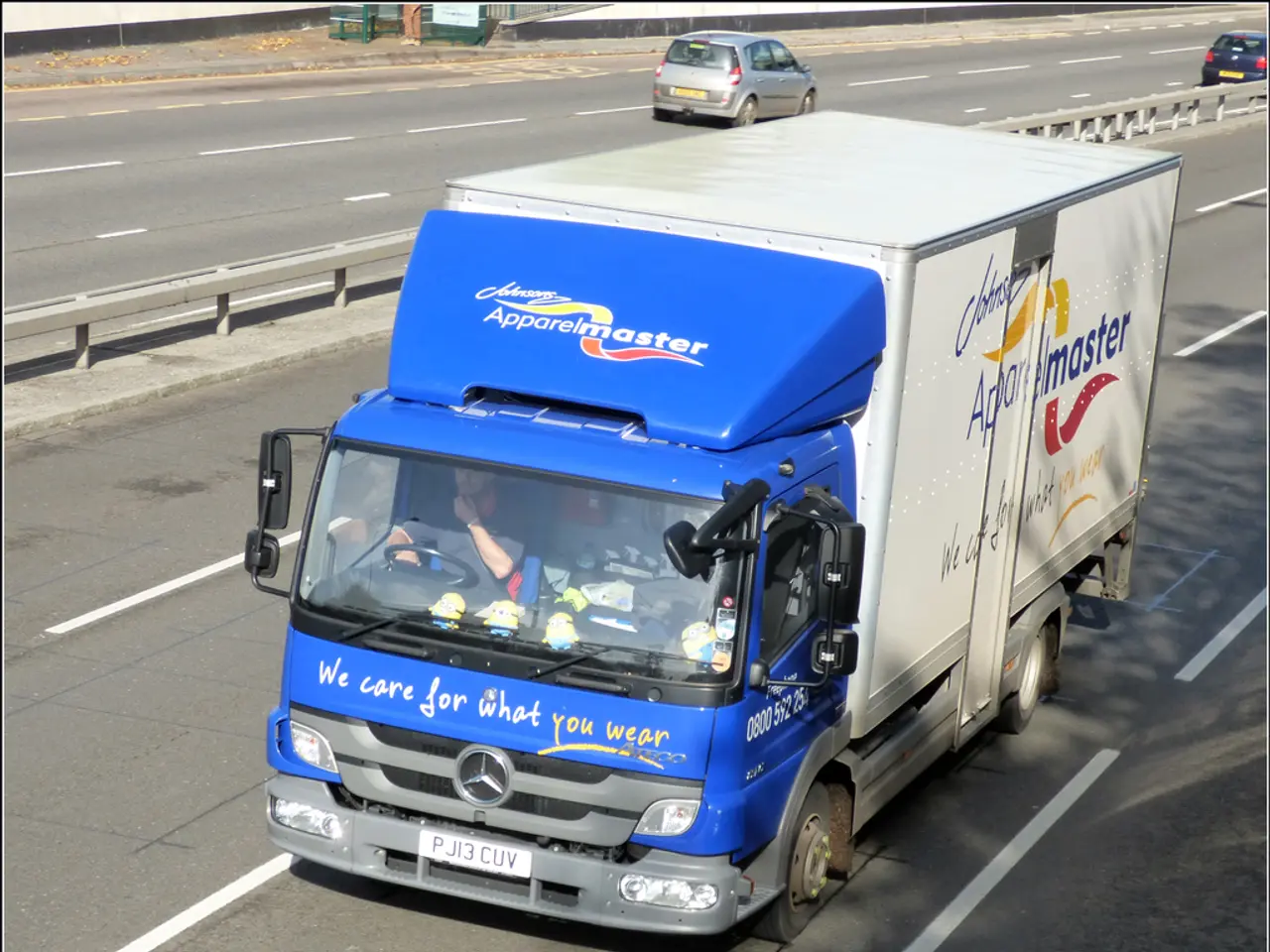The 70-Year-Old Road Warrior: A Look Back at Bochum's Steel Guardrail
Upcoming installation of a 70-foot steel guardrail marks Bochum's initial collision incident - Collapsible Steel Structure Crashes in Bochum, Causing Initial Mishap at 70th Location
Hey there! Let's dive into the world of road safety and explore the history of a significant piece of infrastructure - the steel guardrail - as it turns 70. This bad boy has stood the test of time, proving its worth especially near Bochum, a city that knows a thing or two about heavy traffic and urban jungles.
The story begins in the 1950s when this steel guardrail, serving initially as a roadside guide, was introduced on the A40 near Bochum. Fast forward to the present, it's been through thick and thin, preventing mishaps and ensuring travelers stay on the road.
Bashing the Crash Cushions
This resilient guardrail quickly earned its stripes, stepping up to replace the outdated "Alpine crossing," which were essentially crash cushions attached with wooden or concrete beams at steep locations. The steel version, inspired by American designs from the 1930s, proved to be the more effective choice in traffic safety situations.
The A vs. B Showdown
In Germany, there are two main types of guardrail profiles: A-profile and B-profile. Adopting different construction methods, these designs have been exported to Germany and continue to be used today. Remarkably, they aren't interchangeable. Efforts to standardize a single system have stalled, with about 80% of all guardrails in Germany being of the B-profile variety. However, Rhineland-Palatinate and some northern regions are loyal to the A-profile.
The distinction between the two? It's largely a regional difference, with each design tailored to cater to local road conditions, traffic patterns, and safety regulations. Different regions, including Bochum, may have specific needs based on factors such as urban density or mountainous terrains.
- Steel
- Bochum
- Germany
- Guardrail
- Traffic
- The Federal Highway Company
- Vehicle
Over time, modern guardrails have evolved to feature larger "crumple zones" and additional safety features designed to absorb energy, reduce breaking, and keep heavy vehicles on the road, ensuring traveler safety.
So next time you're cruising down the highway near Bochum, give a little thought to the unsung hero that's been there for seven decades, keeping you safe! saferoads, trafficsafety, industrialhistory, urbantransport, highwayengineering, germanengineering, roadbarriers, infrastructureimprovements, bochumrudolfsonII, rhinelandpalatinate, automotivehistory, germanindustry, ruhrarea.
- In an effort to enhance traffic safety and vocational training opportunities, various German cities, including Bochum, could collaborate with local educational institutions to develop vocational training programs centered around highway engineering and industrial history, emphasizing the design, implementation, and maintenance of effective road infrastructure, such as steel guardrails, for the automotive industry.
- As the demand for financial investment in innovative transportation solutions increases due to urbanization and the growth of the automotive industry, policymakers could consider allocating resources towards the development of safer road systems and vocational training programs for highway engineers in cities like Bochum, ensuring long-term safety on German roads while fostering a skilled workforce to meet the needs of the German industry and the Federal Highway Company.




